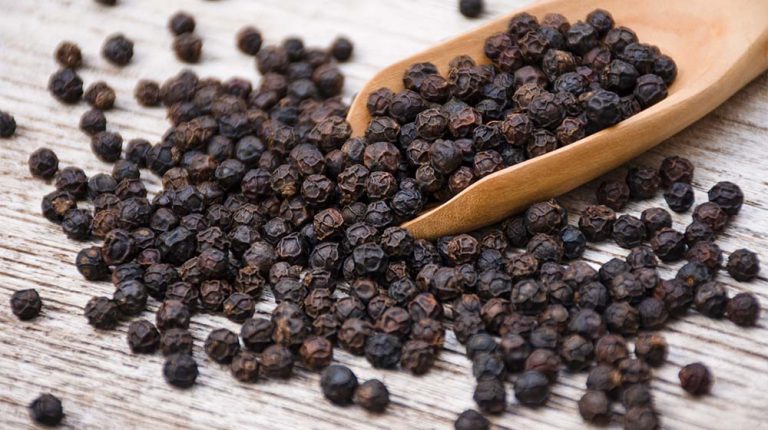
Health

In our recent article “9 Key Weight Loss Hormones”, we noted that only 18% of Americans are at their ideal weight. Weight management is a manageable problem that is shared by more than 270 million of our neighbors, but the same Gallup study also showed that no more than 25% of us are taking any real action toward losing weight. It is a sticking point for many.
And for many of those same Americans, alcohol consumption is an important part of our social, culinary, and celebratory cultures. So, it is important to understand what alcohol is doing in our bodies even in healthy, moderate drinkers.
In this article, we look at the relationship between alcohol and weight loss. Even if alcohol is causing no life problems, it may still have adverse effects that can go unnoticed for years.

First, there is no way around the fact that alcohol slows weight loss. The extra calories alone are a factor, but there is more happening in our bodies as well.
In addition to the high caloric content of alcohol, the mixers bartenders use to flavor mixed drinks add a large number of calories too. Many mixed drink recipes call for sweeteners, sugar-based mixes, “sweet and sour” syrups, and sugary soft drinks. Unfortunately, all of these calories count too.
In addition, the calories from alcohol are “empty calories”, meaning that you get no nutritional value for the calories you’re accepting – no protein – no calcium – no vitamins – no antioxidants – none of the good reasons we eat.
A behavioral aspect of weight loss is discipline self-control, which alcohol may diminish. After a few drinks, a jumbo plate of nachos may seem like a great idea despite your recent resolution to eat leaner and healthier. Alcohol’s ability to remove inhibitions and stoke us with overconfidence often leads to counterproductive meal choices, furthering the hindrance to our weight loss.
Alcohol also inhibits your body’s fat burning capability, layering on a third fattening tactic alcohol throws at us with every drink. Because alcohol is very carbohydrate-heavy, it puts your body into a carb-burning mode and sidelines fat burning, reserving body fat and even contributing to it from the extra calories of the sugar-rich alcohol. In fact, your body will burn alcohol first, then sugar and lastly your fat stores.
And finally … who wants to work out hungover? Nobody! Studies have established a connection between alcohol consumption and days missed at the gym. When we stay out late and awaken dehydrated (from the carbs trying to process overnight), we tend to miss the gym, furthering the fitness cost of alcohol overall.
But it’s not all bad news. There are small improvements you can make without giving up reveling altogether. A glass of champagne has half the calories of a margarita of the same size. Wine has 20% fewer calories than beer. And your favorite spirit served straight over ice is 1/3 less caloric than a mixed drink. If you must imbibe, choose lower calorie options. Also finish early to improve your chance of making it to the gym in the morning.
There’s a lot to think about – we get it. If you have questions about weight management or alcohol’s effect on weight loss, connecting with a doctor in a discrete setting has never been easier.
Opt Health is a telehealth platform that reconnects men with wellness, fitness, strength, and sexual vitality through scientific preventive medicine. From your own home, you can schedule with a physician, meet one-on-one via video conference, receive test results, and have medications delivered to your door.
For questions, inquiries, or appointments, don’t hesitate to contact us. Get personalized support and insight from top-tier physicians available 24/7.
Your health, your terms. Discover how personalized care can transform not just the way you feel, but how you live.